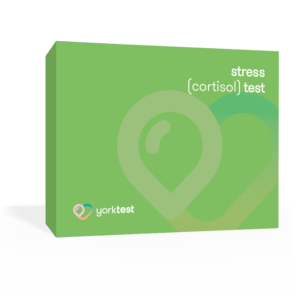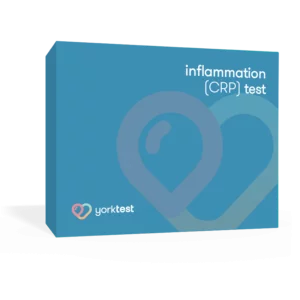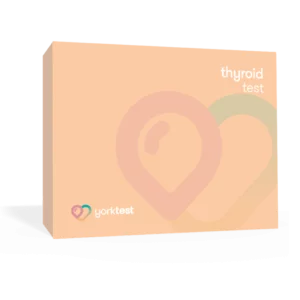Food intolerance in children is more common than you might think. It is estimated that up to 45% of people in the UK suffer from an intolerance at some point in their life. The question is, with symptoms appearing up to 72 hours after consumption, how do you find out what the offending ingredient is?

How to test for food intolerance in children
Do you suspect that your child is reacting to something in their diet? Perhaps they are struggling with a consistently upset stomach. Your first point of call should always be your GP.
Many of the symptoms of children’s food allergies and intolerances could, in fact, be the sign of an underlying medical condition. That’s why it is so important to check with your doctor in the first instance.
If your doctor agrees that the symptoms are most likely the result of a food intolerance, they will look to find out what food is the root cause.
As food intolerance tests are currently unavailable on the NHS, your GP will probably suggest removing foods from your child’s diet one by one. They may also recommend keeping a food diary to monitor the impact that these changes have on the symptoms.
This method can be effective but it can also be a long and frustrating process. That’s one of the reasons that parents choose to identify their child’s food intolerance†with YorkTest’s Junior Premium Food Intolerance Test.
Discovering your child’s “trigger foodsâ€
Our award winning food intolerance test for children is the only one in the UK, which has been specifically designed for 2-18 year olds.
The simple finger prick test can be taken in the comfort of your own home before being posted off to our York-based laboratory. The laboratory team then analyse your child’s sample for IgG antibody reactions to 113 of the most commonly consumed foods.
Also included in the price of the programme are two 30-minute telephone consultations with a qualified nutritional therapist. They will help you and your child to safely eliminate their problem foods from their diet and substitute in nutritious alternatives.
What are the most common food intolerances in children?
It’s possible for your body to develop IgG antibodies against virtually any individual food or drink but some are much more typical than others.
The most common problem foods that your children might react to are yeast, dairy, gluten, eggs, wheat, corn, nuts and seafood.
Many of these ingredients can be found in a large range of commonly eaten meals and snacks, which can make an elimination diet a significant challenge.
Adapting your child’s diet
Changing your child’s diet can be a very difficult journey and the more support you have on it, the better.
Our nutritional experts at yorktest and friendly customer care team can work with you to safely make changes to your child’s diet, with the ultimate aim of helping them to overcome their food intolerance†.
That’s exactly what Jennifer Quinn achieved when she used a Junior Premium Food Intolerance Test to optimise her seven year old daughter’s diet, with incredible results.
You can read Jennifer’s story and many more like it in the reviews area of our website.
YorkTest advise that you consult with your GP first if you are experiencing the types of symptoms mentioned in this blog post.
†YorkTest define Food Intolerance as a food-specific IgG reaction. Our information is intended to provide nutritional advice for dietary optimisation. YorkTest do not claim to treat or cure symptoms and recommend that you discuss any medical concerns with your doctor before undertaking a YorkTest Programme.













